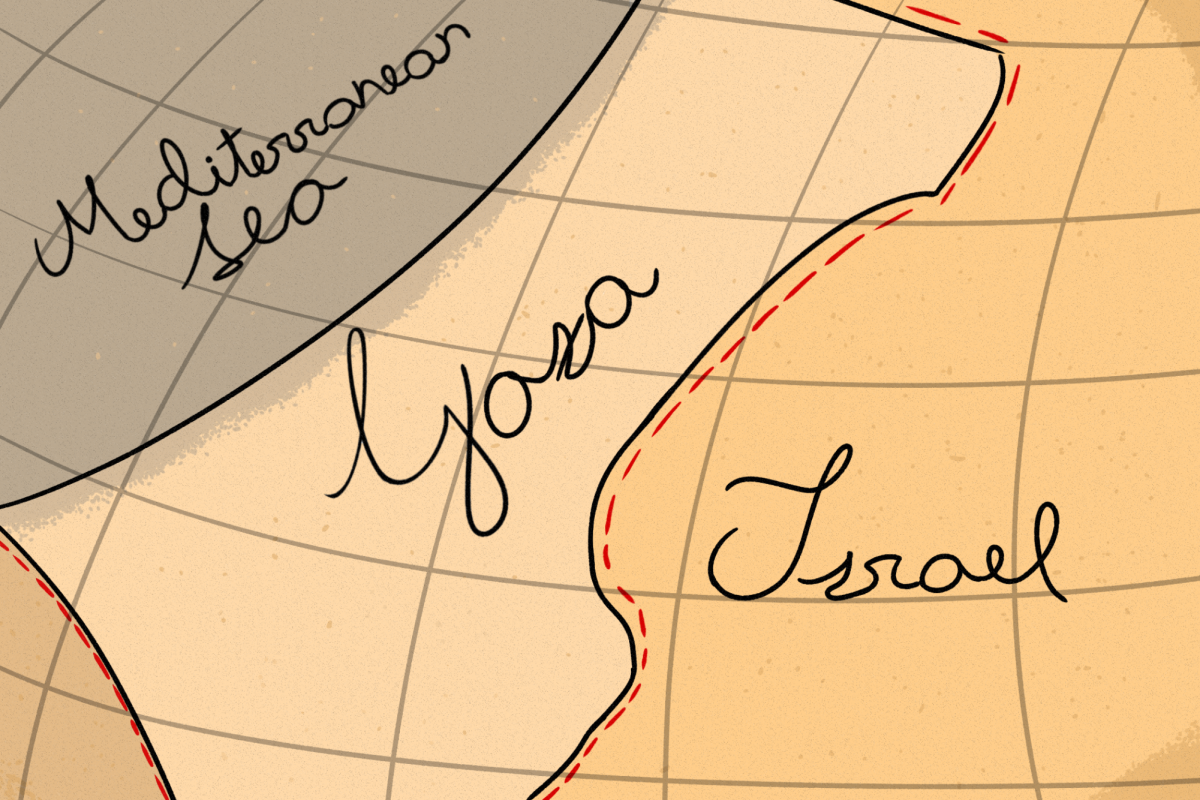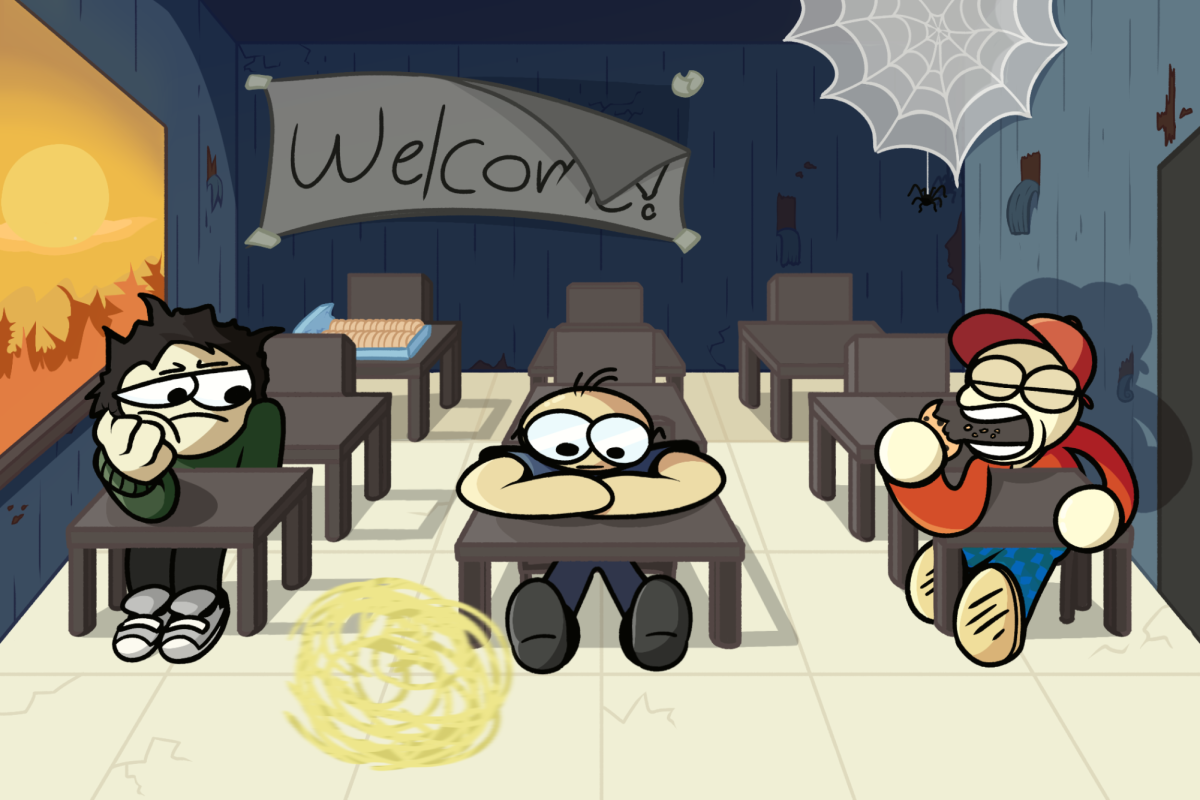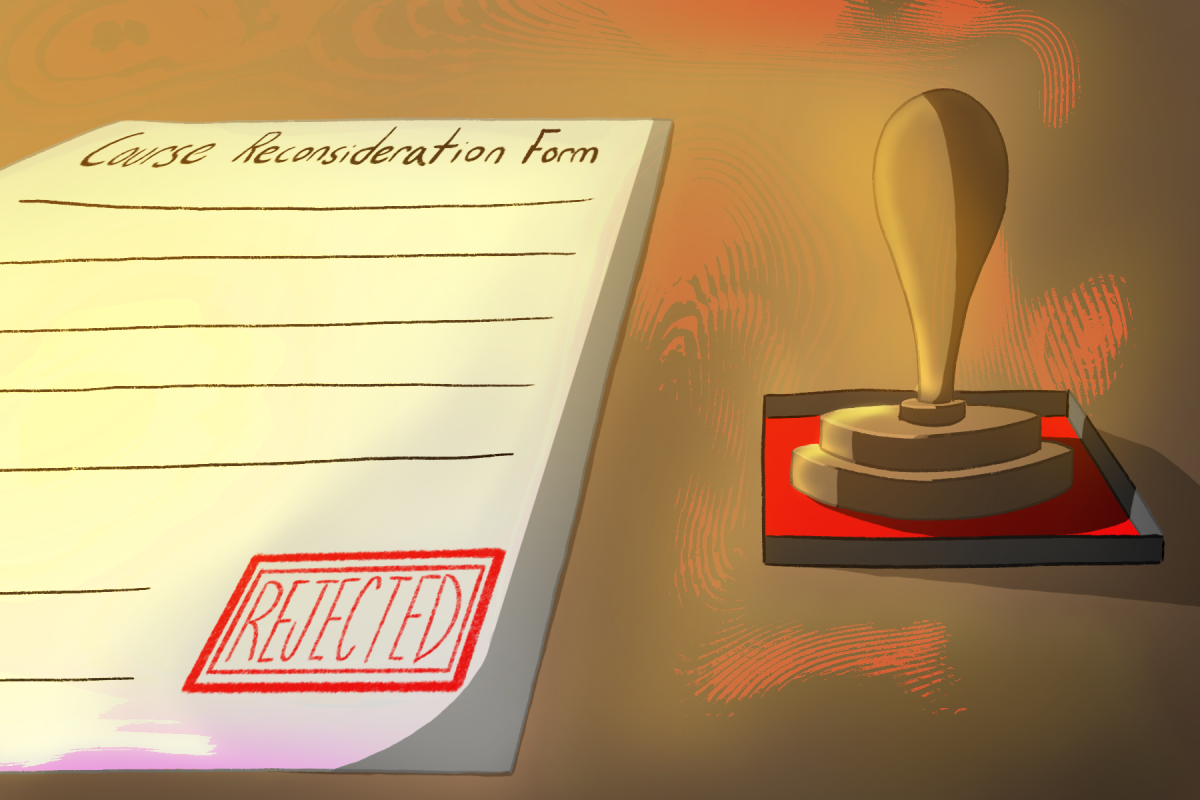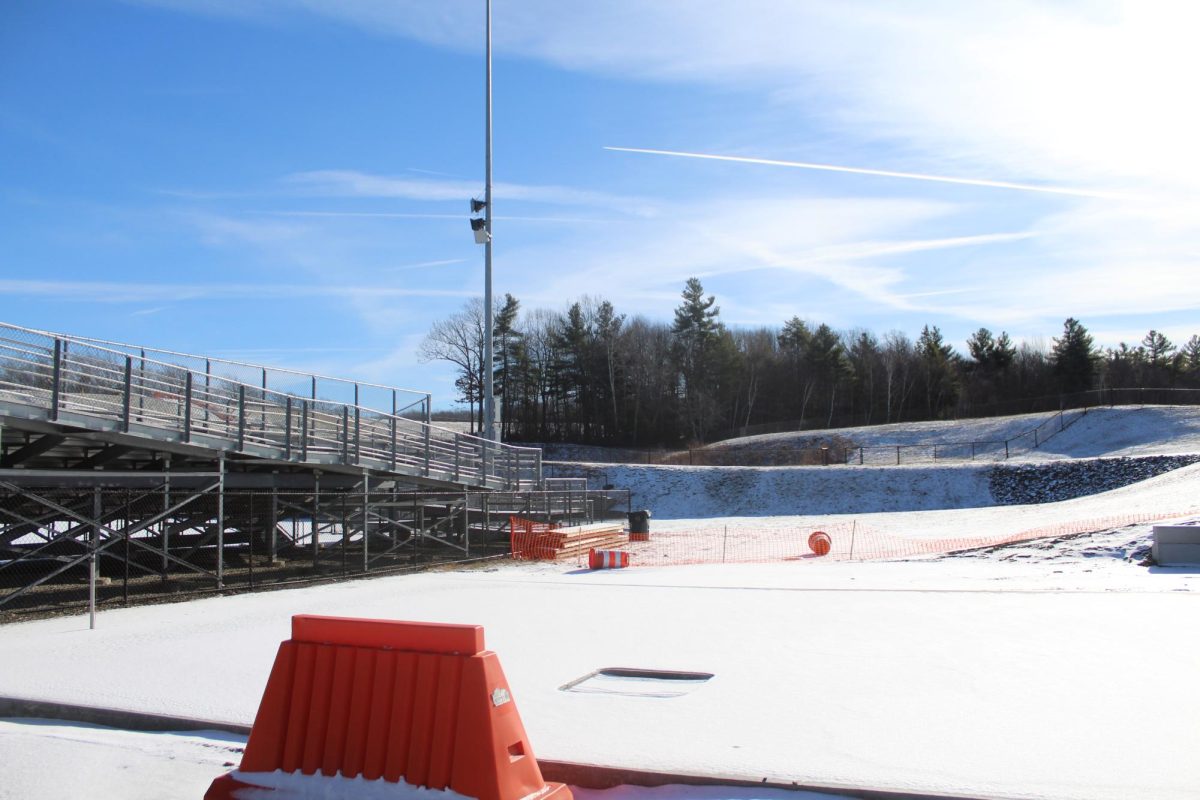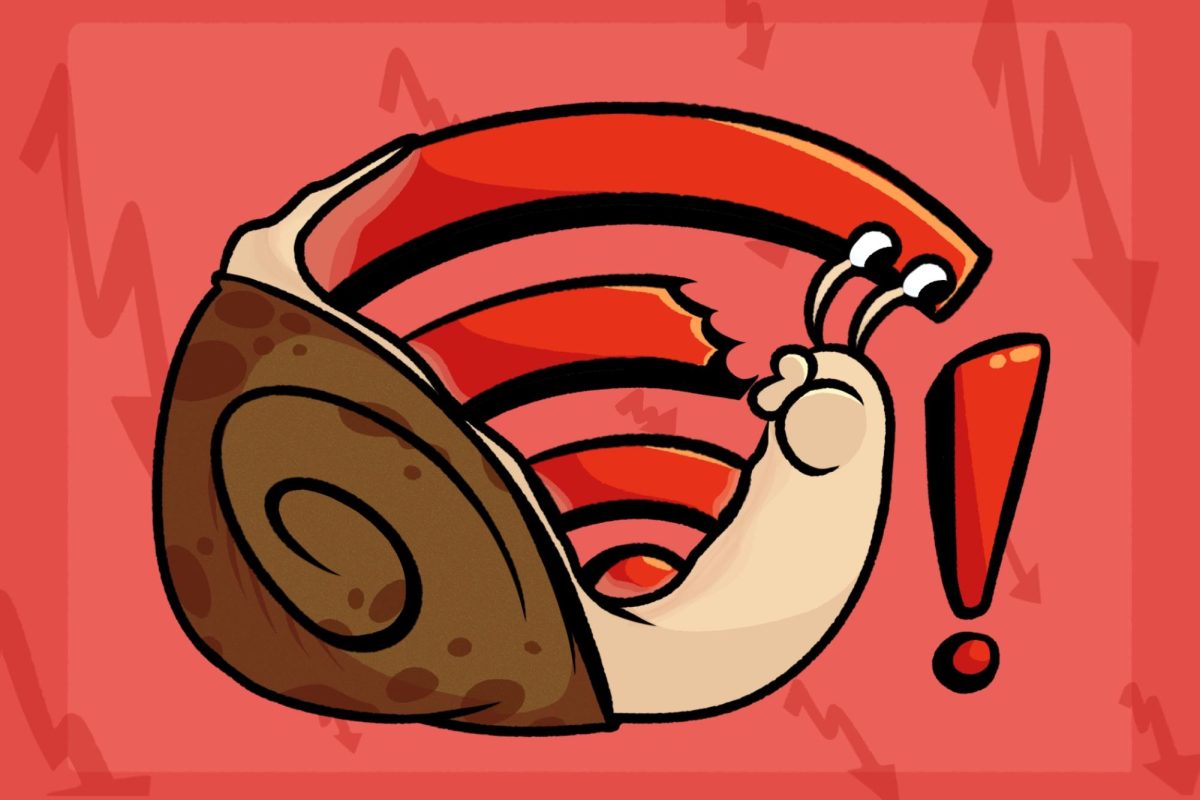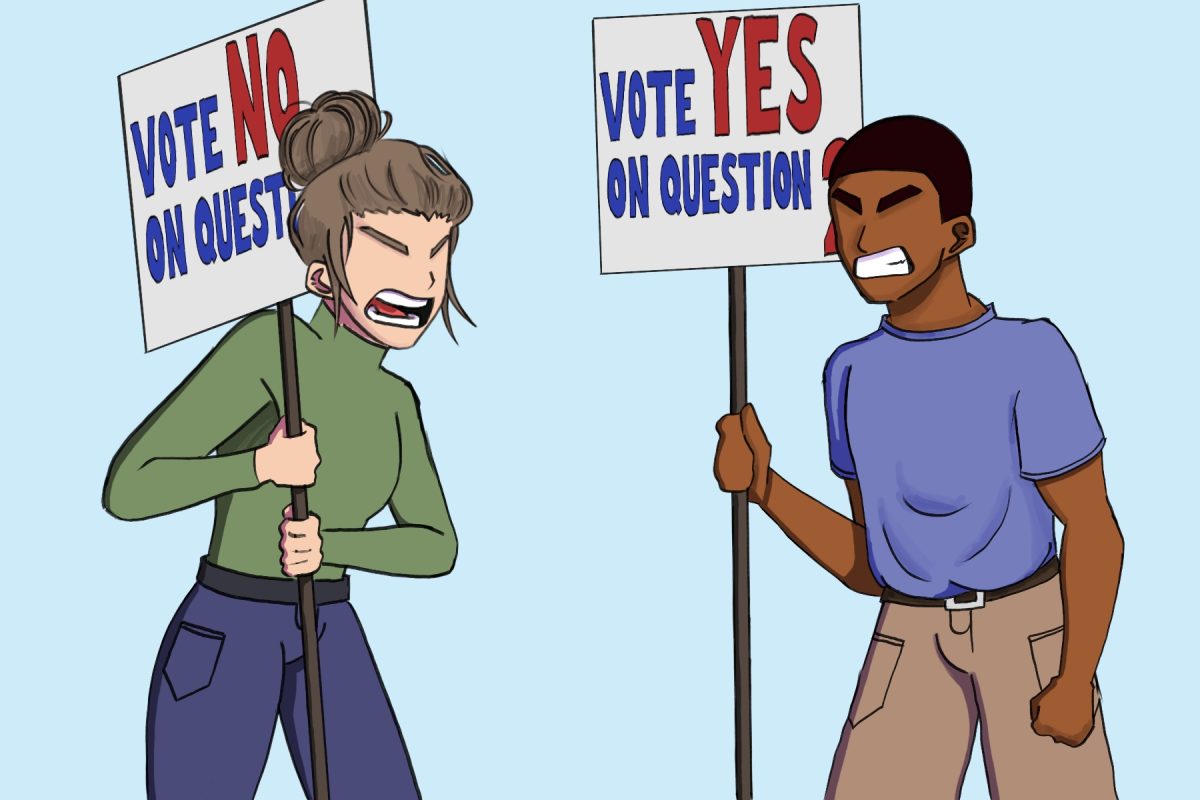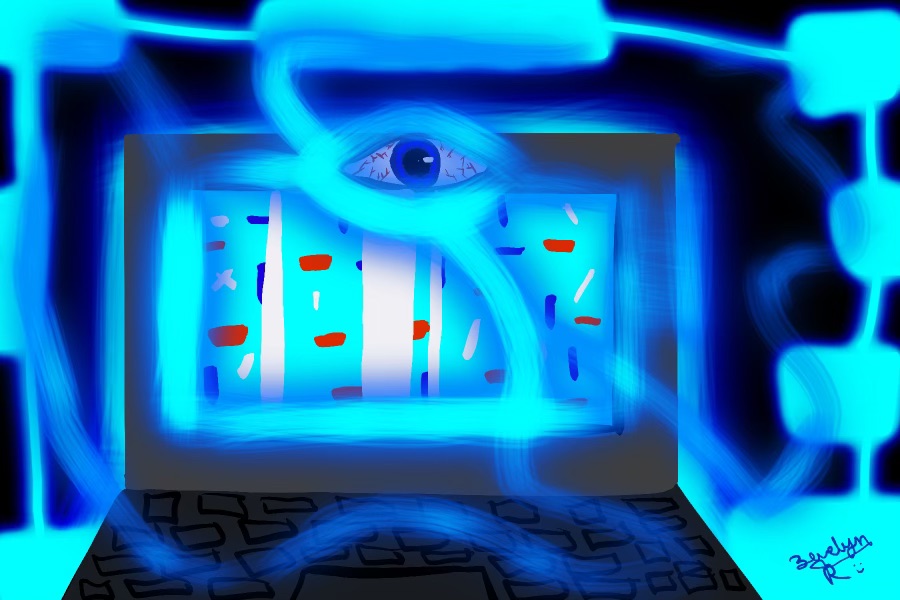In the morning hours of October 7, Hamas launched its unprecedented surprise attack on Israeli civilians and military personnel along the border with Gaza. Accompanied by thousands of rockets from Gaza, Iran-backed Hamas militants streamed across the border wall, killing approximately 1,200 Israelis, and injuring some 5,600, the vast majority of whom were civilians, shot in villages and while attending a music festival. Hamas took roughly 240 Israelis hostage, many of whom are still held captive within Gaza.
In retaliation for the unprecedented surprise attack, the Israeli Defense Force announced a “complete siege” of the territory and commenced a ground invasion of the Gaza strip with the aim of eliminating Hamas. Following the end of a week-long truce, the reported death tolls indicate heavy civilian casualties. In Gaza, the Hamas-run Health Ministry reports over fifteen-thousand deaths, 6,600 women and 4,300 children among them. Over forty-thousand people are reported injured, of whom 70% are women and children. In the West Bank, Israeli forces and settlers have killed 256 Palestinians in anti-terrorist raids and sporadic instances of violence and detained three-thousand more (according to the UN Office for the Coordination of Humanitarian Affairs (OCHA), WHO, and the Palestinian Authority).
The demolition of some 98,000 structures in Gaza, primarily in northern urban areas, have exacerbated the refugee crisis sweeping the enclave. According to OCHA, the residents of Gaza face an escalating humanitarian crisis stemming from severely inadequate access to fuel, food, water, shelter, and medical care. An estimated 1.9 million Gazans are internally displaced, a majority of the strip’s roughly 2.2 million inhabitants.
In a statement released by the OCHA following the end of a weeklong ceasefire, Under-Secretary-General for Humanitarian Affairs and Emergency Relief Coordinator said “Almost two months into the fighting, the children, women and men of Gaza are all terrified. They have nowhere safe to go and very little to survive on. They live surrounded by disease, destruction and death.”
Some Mountaineers expressed qualms about the ongoing conflict.
“Generations are being killed in Palestine,” said junior Abbie Mutinda. “Some, if not many, of whom are completely uninvolved with Hamas.”
“Morally, we should help. But what if Hamas were to turn on us?” said senior Margaret Harding, emphasizing US security interests. “Our safety should be our priority.”
A 2022 report of the US Congressional Research Service discloses that Israel is the largest cumulative recipient of US foreign assistance since WWI, receiving approximately $150 billion over the last 7 decades (with an additional $38 billion pledge to be fulfilled by 2026). According to the Stimson Center, US defense subsidies currently account for 16% of the Israeli defense budget.
“Palestine is getting wiped off of the map,” said Mutinda. “And the US. is helping Israel do it.”
Responding to an NPR poll in October, over 65% of Americans felt that the US. should be “publicly supporting” Israel.
“As an already struggling nation, they [Israel] need our help,” said junior Ally Thomas.
Senior Jordan Jarvi said she believes the US is indebted to Israel and should provide military assistance in this conflict. “The US should be providing military support,” said Jarvi. “Israel provides so much for us. We owe them our support.”
But not all students side with Israel. A subsequent poll in November found that a growing number of Americans (38%) believe that Israel is “going too far” in its response to Hamas. Demographically, young people, particularly democrats, generally expressed more sympathetic attitudes toward Palestine. Some students regret over the animosities held by both sides.
“I feel for both sides,” said senior Jamie Berube. “They are just blinded by fear and grudges.”
Much of the coverage of the Israeli-Hamas conflict has revolved around the plight of civilian noncombatants pulled into the vortex of war.
“I’m on the side of the civilians,” said senior Gabi Boyle. “They have done nothing to deserve this.”
For sophomore Ash Kokoski, the spiritual significance of Palestine transcends political borders. “That whole area [Palestine] is a religious site for all sides,” said sophomore Ash Kokoski. “No one religion or group should own that land.” Jerusalem, the current capital of Israel, is a site of pilgrimage and spiritual significance for Judaism, Islam, and Christianity, the three Abrahamic religions.
As Israel’s ground offensive in Gaza moves south from Gaza City to the second-largest city, Khan Younis, more than one million evacuees from northern Gaza must seek refuge south around Rafah, a town near the Egyptian border. Fleeing aerial bombardment, Gazans face a rapidly deteriorating predicament, termed “apocalyptic” by Martin Griffiths, the UN chief of humanitarian aid.
Palestinian civilians have been ordered to evacuate to Al-Mawasi, a strip of undeveloped shoreline just 3.3 sq. miles in area. Mawasi is the Israeli-designated “safe zone” in Gaza. Civilians camping in Mawasi describe a lack of access to water, food, electricity, and sanitation. One refugee, Mona al-Astal, told the BBC reported witnessing hungry crowds breaking into a UN agency storehouse to steal food.
Convened on Dec. 8, by order of UN Secretary General Antonio Guetterres to address Gaza, the Security Council’s attempt to order an immediate humanitarian ceasefire in the region was vetoed by the United States, prompting international backlash from organizations such as Amnesty Watch, Doctors Without Borders, and Human Rights Watch. Netanyahu applauded the US veto, calling the elimination of Hamas “impossible” if the war were to be halted.
In America’s polarized political climate, Israel’s invasion of Gaza and war against Hamas has renewed the bitter controversy surrounding Palestine and stoked prejudice toward Arabs and Jews. Muslim and Jewish civil rights organizations report a resurgence of anti-semitic and islamophobic incidents on college campuses and in cities.
“There is no need to ostracize everyone from Palestine or Israel,” said Tadrous-Carr. “As a society, we overgeneralize and demonize anyone remotely related to the people at fault, just like what happened after 9/11.”
Wachusett community members emphasized the responsibility that students and faculty have to search for the truth when forming opinions about the conflict.
Senior Jamie Berube said that many Wachusett students were uninformed regarding the conflict.
“I’m not sure why so many people are unaware,” said Berube. “It’s all over social media and the news.”
History teacher Benjamin Concannon-Smith supervises a student’s independent study on Israel.
“Social studies teachers should use this opportunity to teach the context and history behind the conflict,” said Concannon-Smith. “Only facts, with no opinions.”
Concannon-Smith cautioned against unreliable sources, prevalent in the media space today.
“Students need to be taught how to identify real news versus fake news,” said Concannon-Smith. “News should be read, not watched on social media.”
Department Head Angela Colwell Arbour said she wishes that students take Wachusett’s mission into consideration during this conflict.
“I hope that students take time to learn and ask questions,” said Colwell Arbour. “Encourage curiosity, and learn the skills to know the truth.”
Categories:
Understanding the Israel-Hamas conflict: exploring WRHS perspectives
Annmarie Kane, Staff Reporter
January 30, 2024
3
More to Discover
About the Contributors

Annmarie Kane, Staff Reporter
Annmarie is a senior working with the echo for the first time. She enjoys volunteering, swimming, and being outdoors.

Carlos Chancay, Illustrator
Carlos is a Junior who has been working with the Echo since Sophmore year. He enjoys drawing, playing with his cat, and talking with friends.



